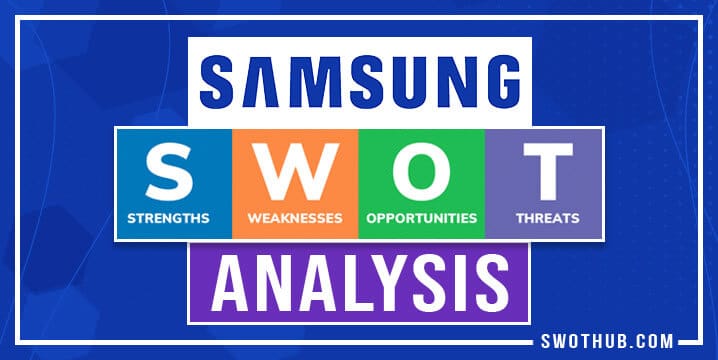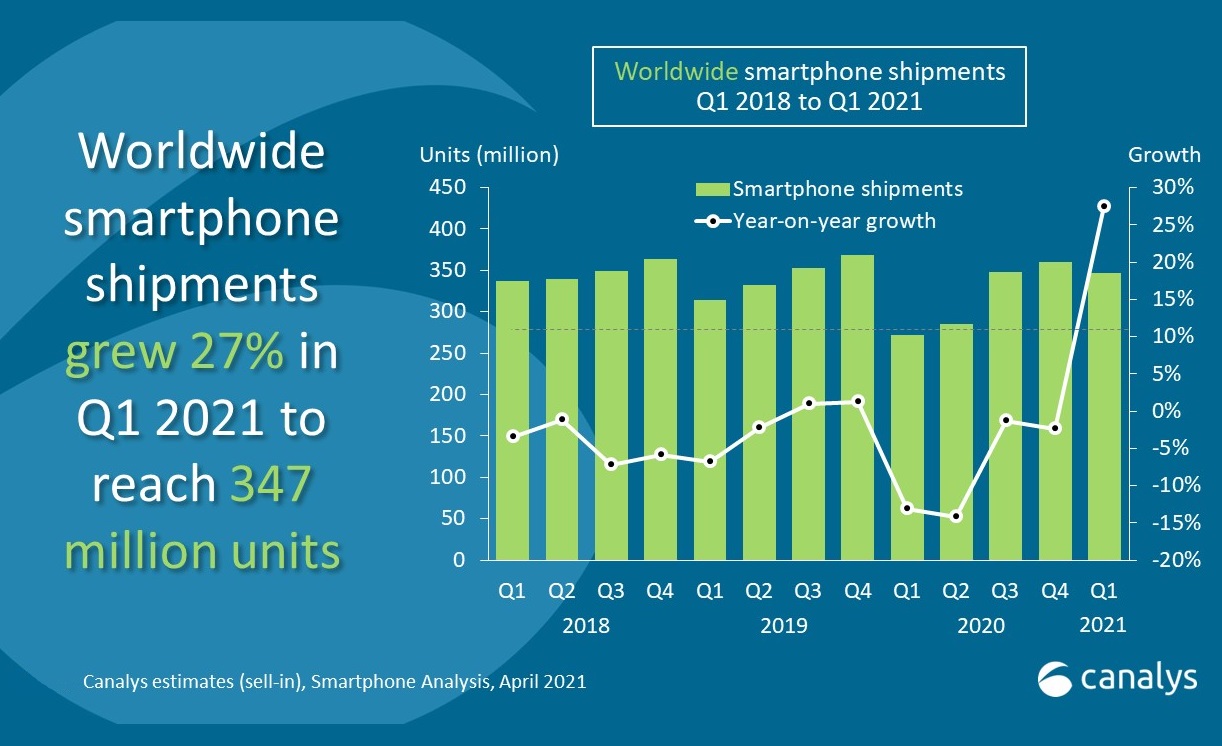Samsung is a South Korean multinational conglomerate that operates in various industries, including electronics, telecommunications, and construction. The company has a strong presence in the global market, with a well-established brand and a diverse product portfolio that includes smartphones, tablets, laptops, televisions, and home appliances, among others. In this essay, we will conduct a market analysis of Samsung to understand its position in the industry and the factors that have contributed to its success.
One of the key strengths of Samsung is its wide range of products that cater to a diverse customer base. The company has a strong presence in the smartphone market, with its Galaxy series of devices being some of the most popular in the world. Samsung has also made significant strides in the tablet and laptop markets, with its products offering a combination of performance, durability, and affordability. In addition to these, the company also has a significant share of the television and home appliance markets, with a range of products that are designed to meet the needs of different customers.
Another factor that has contributed to Samsung's success is its focus on innovation and research and development. The company invests heavily in R&D and has a strong reputation for introducing new technologies and features in its products. Samsung has a long history of partnerships with leading technology companies and has a robust supply chain that enables it to quickly adapt to changing market conditions.
Another aspect that has helped Samsung maintain its position in the market is its strong marketing and branding strategies. The company has a well-known and highly regarded brand that is associated with quality and reliability. Samsung also has a strong presence in various marketing channels, including social media, television, and print, which helps it reach a wide audience and increase its brand awareness.
However, Samsung is not without its challenges. The company faces intense competition from other tech giants, such as Apple, Huawei, and Xiaomi, which have their own strong product portfolios and branding strategies. Additionally, the fast-paced nature of the technology industry means that Samsung has to constantly innovate and adapt to new trends and technologies to stay relevant.
In conclusion, Samsung is a leading player in the global technology market, with a diverse product portfolio, a focus on innovation and R&D, and strong branding and marketing strategies. While the company faces intense competition and has to continuously adapt to changing market conditions, it has a strong foundation and a well-established brand that positions it well to continue its success in the future.







